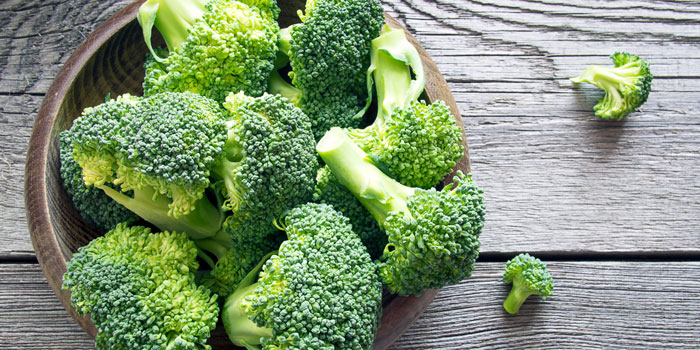GSTM1 Gene Determines Which Individuals Can Benefit from Dietary Protectants That Prevent Kidney Failure
Source: Thailand Medical News Nov 15, 2019 5 years, 5 months, 1 week, 4 days, 6 hours, 44 minutes ago
A new study by the University of Rochester Medical Center New indicates that the benefits of a dietary compound on
kidney health may depend on an individual's genetics. The findings may be helpful for tailoring interventions to prevent or treat kidney disease.
 GSTM1
GSTM1 or Glutathione S-transferase mu-1 is an enzyme that plays a role in ridding the body of toxins and combatting oxidative stress. Many individuals carry a variant in the GSTM1 gene that prevents the gene's expression (called a null variant) and therefore they lack production of the enzyme.
A team led by Dr Thu H. Le, MD from the University of Rochester
Medical Center, previously showed that individuals carrying this variant face a higher risk of experiencing kidney function decline.
In the recent study, the researchers found that deletion of the gene increases kidney injury in mice with hypertension and
kidney disease.
Supplementing the diet with broccoli powder (which is rich in an antioxidant-activating compound) significantly lessened kidney injury in the genetically altered mice, but not in normal mice with kidney disease.
Dr Thu H. Le told
Thailand Medical News, "We speculate that the GSTM1 enzyme may be involved in the breakdown of antioxidant-promoting compounds, and therefore deficiency in the enzyme may increase the bioavailability of protective compounds relevant in kidney disease.”
When the team examined information from a large clinical trial, they found that high consumption of broccoli and other cruciferous vegetables was linked with a lower risk of kidney failure, primarily in participants with the GSTM1 null variant.
Dr. Le added, "Our study highlights diet-gene interactions in kidney disease and illustrates that response to the disease-modifying effect of diet is influenced by genetics. In the context of personalized and precision medicine, increased consumption of cruciferous vegetables may be protective, particularly in those lacking GSTM1 who are genetically most at risk for kidney disease progression. Furthermore, our study suggests that knowing an individual's genetic information enables tailoring an intervention to prevent or delay kidney disease progression among those who would respond based on their genetic makeup."
Reference: "GSTM1 Deletion Exaggerates Kidney Injury in Experimental Mouse Models Yet Confers the Protective Effect of Cruciferous Vegetables in Mice and Humans," Journal of the American Society of Nephrology, DOI: 10.1681/ASN.2019050449
